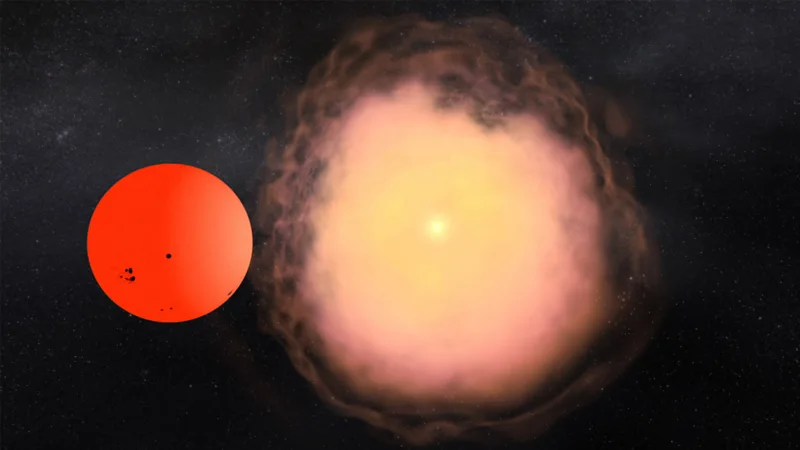
The once-in-a-lifetime spectacle of a nova explosion is on the horizon as the distant binary system, Corona Borealis, readies for its cosmic display. Located 3,000 light years away, this binary system consists of a white dwarf and an aging red giant star, housing the nova T Coronae Borealis (T CrB).
Expected to erupt before September 2024, this rare event is poised to captivate astronomers and sky gazers alike. Despite their cosmic significance, novas like T CrB often fly under the radar compared to comets, with eruptions occurring roughly every 80 years.
Nasa’s William J Cooke expresses excitement about the forthcoming event, which has been meticulously predicted using mathematical calculations and observable cues. T CrB’s dimming since March 2023 serves as a precursor to its impending eruption, aligning with its historical eruption cycle.
“I’m very excited. This thing is kind of like Halley’s Comet – it occurs once every 75 to 80 years – but novas don’t get the press Halley’s Comet gets,”
Also, see:
WhatsApp may soon allow you to transcribe voice messages into text messages